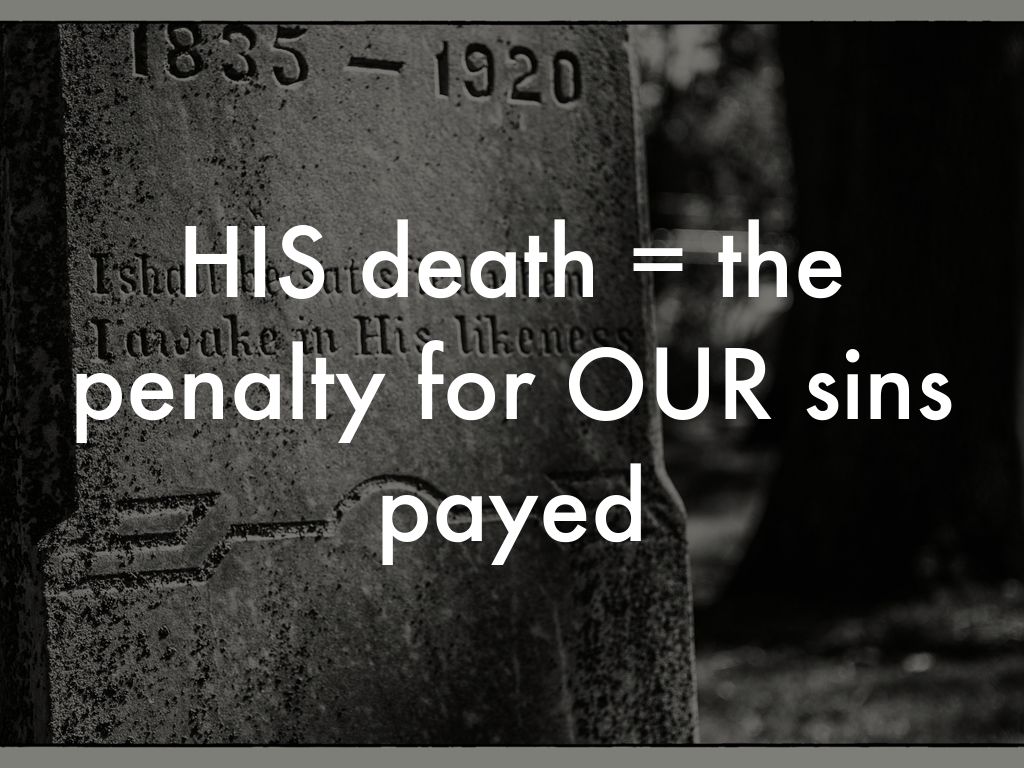Righteousness (2)

”…took it out of the way, nailing it to his cross;”
2) The Spirit of God no doubt led Paul into a future erroneous didacticism when he lashed at his converts with, “O foolish Galatians, who hath bewitched you, that ye should not obey the truth, before whose eyes Jesus Christ hath been evidently set forth, crucified among you? 2) This only would I learn of you, Received ye the Spirit by the works of the law, or by the hearing of faith? 3) Are ye so foolish? having begun in the Spirit, are ye now made perfect by the flesh” [Galatians 3:1-3]?

Desiderius Erasmus
Armed with the influence of Desiderius Erasmus (1469-1536) and Philipp Melanchthon (1497-1560) –Humanists, who were also church going teachers of Bible–, a man called Jacobus Arminius (1560-1609) taught ‘conditional predestination’ to lay the foundation for Arminianism, made global by his friends, called The Remonstrance, after his death. The Remonstrance issued a five doctrinal points known as Arminianism. The fifth teaches that having been “incorporated into Christ by true faith,” Christ “keeps them from falling” only if they continue to believe. Their cautious implication is that if a person does not continue to cooperate with Christ he will become “devoid of (saving) grace.” In scriptural honesty, I do not know of any verse that supports this fifth point of Arminianism. You can either be a Bible believing Christian or a follower of Arminianism. Selah!

“For he hath made him to be sin for us, who knew no sin; that we might be made the righteousness of God in him” [2Corinthians 5:21]. Our righteousness is resident in Him, the Holy One of Israel. The word ‘righteousness’ is dikaiosunē (dik-ah-yos-oo’-nay). From Thayer Definition it is: ‘in a broad sense, state of him who is as he ought to be, righteousness, the condition acceptable to God.’ Strong’s Definition has this: ‘equity (of character or act); specifically (Christian) justification.’
We have in Romans 6:23, “For the wages of sin is death; but the gift of God is eternal life through Jesus Christ our Lord.” Our sinful nature, because it happens to be what we are innately guilty of, attracts the ‘wage’ of ‘death.’ We get paid for our wrongdoings. When it comes to ‘righteousness,’ however, it is not of our toil. Jesus toiled for it, so we can only be a recipient of it through the Divine generosity of being a ‘gift.’ A gift is not an original ownership of the recipient. ‘Gift’ of the above verse is charisma (khar’-is-mah): ‘1. a (divine) gratuity, i.e. deliverance (from danger or passion) 2. (specially), a (spiritual) endowment 3. (subjectively) religious qualification 4. (objectively) miraculous faculty.’ The Greek charisma comes from charizomai (khar-id’-zom-ai) ‘to grant as a favor, i.e. gratuitously, in kindness, pardon or rescue.’ Grace, as we understand it, is an unmerited favour.

The spiritual rebirth of our celestial regeneration that leads to our righteousness is brought to pellucid understanding in Ephesians 2:8-10 “For by grace are ye saved through faith; and that not of yourselves: it is the gift of God: 9) Not of works, lest any man should boast. 10) For we are his workmanship, created in Christ Jesus unto good works, which God hath before ordained that we should walk in them.” The word ‘grace’ is charis (khar’-ece): ‘1. graciousness (as gratifying), of manner or act 2. (especially) the divine influence upon the heart, and its reflection in the life 3. (also) gratitude.’ A different ‘gift’ in verse 8 is the Greek doron (do`-ron), which means: ‘a present, specially, a sacrifice.’ In verse 9 there is ‘works’ which in Greek is ergon (er’-gon): ‘1. toil (as an effort or occupation) 2. (by implication) an act.’ Kauchaomai (kau-khah’-om-ai) is the Greek for ‘boast’ and means: ‘to vaunt {in a good or a bad sense}.’ Now, the word ‘walk’ of the 10th verse is an interesting peripateo (per-ee-pat-eh’-o): ‘1. to tread all around, i.e. walk at large (especially as proof of ability) 2. (figuratively) to live, deport oneself, follow (as a companion or votary).’ Peripateo comes from peri (per-ee’) and pateo. Peri means ‘1. (properly) through (all over), i.e. around 2. (figuratively) with respect to’ and pateo (pat-eh’-o), ‘to trample {literally or figuratively},’ comes from a derivative meaning a “path.”

Righteousness is a gift from Jesus
Not of pious toils of the believer’s faith, but by the graciousness of the Divine influence upon the heart of the believer is the submission of verse eight of the 2nd chapter of Ephesians. There is not even any room for righteous boasting. Extravagant self-praise is what the scripture views of it. This ‘walk’ of the 10th verse reminds me of Enoch’s. That walk and this one in this 10th verse is nothing short of ‘a lifestyle.’ The Hebrew ‘walk,’ halak means ‘lifestyle.’ Our righteousness is, ergo, an interpretation of the righteousness of Christ, in which we are wrapped. A lifestyle that points at the Lord Jesus. Amen.

You can put on the righteousness of Jesus by getting born again. Say this simple prayer, meaning it from your heart:
“Dear heavenly Father, I come to You now in the name of Jesus Christ. I believe in my heart that Jesus is the Son of God. I believe that Jesus died on the cross for my sin. I believe that You raised Him from the dead. I confess with my mouth that Jesus is Lord and I receive Him now as my Lord and my Saviour. I give God all the glory. Amen!”
(…to be continued…)
Click to read part one
Read part three here

Visits: 252



